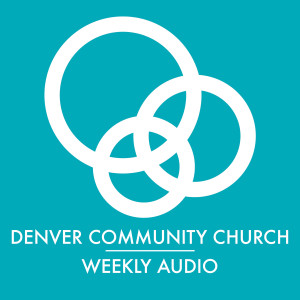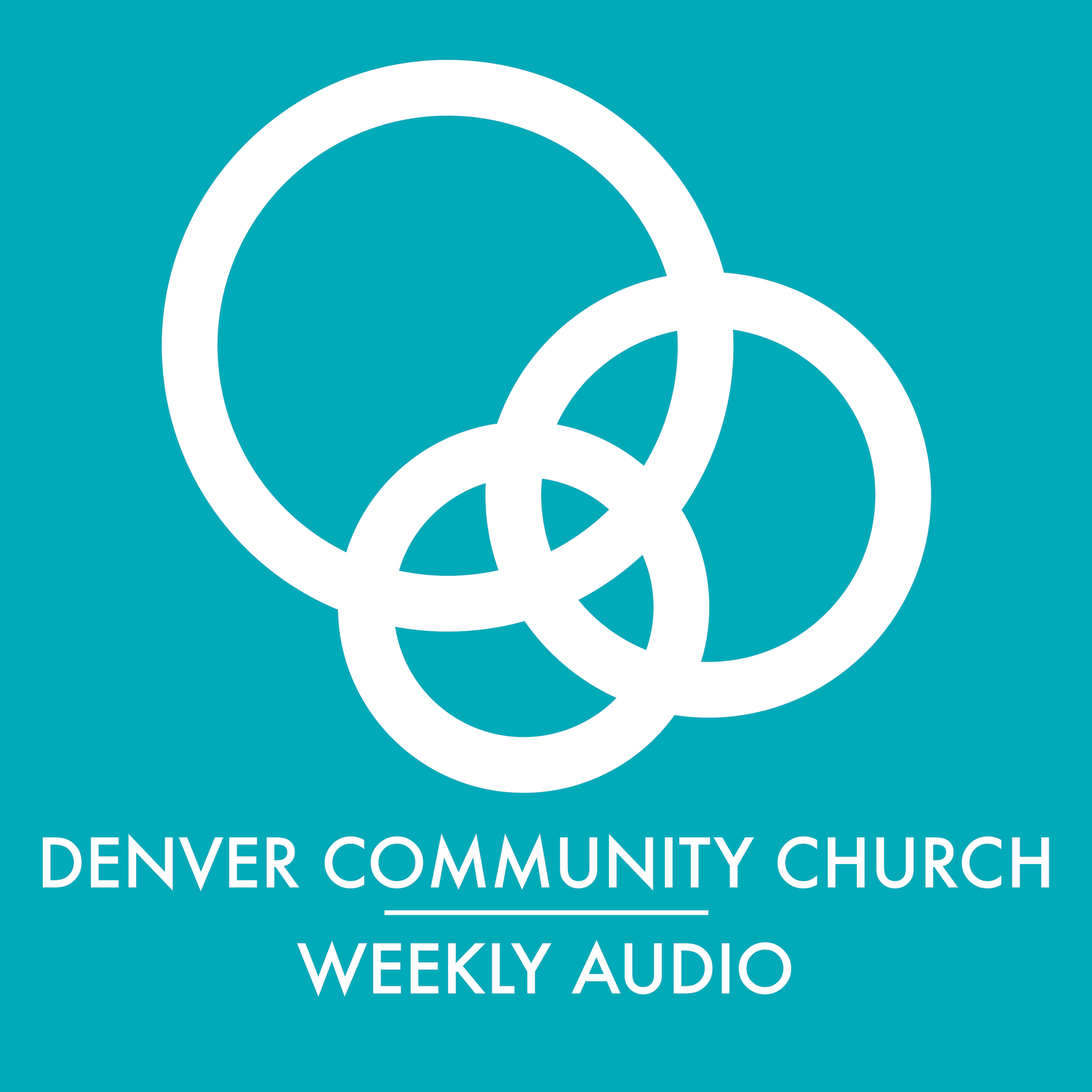Episodes

Sunday Aug 02, 2009
August 2, 2009: You Shall Not Commit Adultery – Michael Hidalgo
Sunday Aug 02, 2009
Sunday Aug 02, 2009
The first God ordained institution is marriage. Marriage is a picture of the eternal, and is the vehicle to the mystical union of which Paul speaks. The bond of marriage is one that is so powerful that God chooses to use this as a metaphor for his relationship with his people. This picture occurs at Sinai, at the Last Supper, and ultimately is the consummation of the coming Kingdom. When men and women distort this picture we are altering the picture that God himself has given to us to describe who he is.

Sunday Jul 26, 2009
July 26, 2009: It Is All the Same – Michael Hidalgo
Sunday Jul 26, 2009
Sunday Jul 26, 2009
The sixth word deals with how we ought to view all human life. Once we recognize the starting point of all human relationships, we can grasp the beauty and value of life itself. This command heightens the value of human life. We are reminded of Jesus’ words in his teaching in Matthew when he equates anger with one’s brother with murder. The implications of the sanctity of all life are amazing and implicit in this command.

Sunday Jul 19, 2009
July 19, 2009: Those Before and Those After – Michael Hidalgo
Sunday Jul 19, 2009
Sunday Jul 19, 2009
The fifth word transitions from the relationship of men and women to God toward the relationship we should have with our fellow human. It begins with the basis of all such relationships … the parent / child relationship. This relationship is the first relationship that a person experiences upon birth. This parent / child relationship is directly connected to the life and health of the larger community. This is the foundation from which we build into our relationships with other men and women.

Sunday Jul 12, 2009
July 12, 2009: Take It Easy – Brian Gray
Sunday Jul 12, 2009
Sunday Jul 12, 2009
The Sabbath was not original with Israel. Many civilizations observed a day of rest in their weekly calendar. God however commanded that His people do this because he created rest on the seventh day of creation. God created rest for men and women so that we could reflect, remember, and stop. Today we are moving toward that rest. What does it mean for us to be people who take a breath? Who can “relax” and recognize where the blessings in our lives come from?

Sunday Jul 05, 2009
July 5, 2009: A God by Any Other Name – Michael Hidalgo
Sunday Jul 05, 2009
Sunday Jul 05, 2009
God’s name is not just a specific word; it connects to his reputation with the way people thought about Him. We are bearers of His Name. Therefore, we must live lives that do not profane that Name. His name was written on the Temple. Solomon says in 1 Kings 8:
May your eyes be open toward this temple night and day, this place of which you said, ‘My Name shall be there,’ … Do whatever the foreigners ask of you, so that all the peoples of the earth may know your name and fear you, as do your own people Israel, and may know that this house I have built bears your Name.
Paul reminds the Church that we are the Temple … we bear the name of God. As we live Holy lives then we must obey the commands of God.

Sunday Jun 28, 2009
June 28, 2009: Idols and Ideas – Michael Hidalgo
Sunday Jun 28, 2009
Sunday Jun 28, 2009
We are to come to God on his terms, and understand Him as he has chosen to reveal himself. We are not to be people who attempt to manipulate his revelation to us, and make Him in our image. We are made in His image, and we are to worship Him for what He has told us about Himself.
While we may not be people who make idols today, we often place God in our box. We do this by the way we rationalize our world, and how we attempt to manipulate the Text to make it say what we would like it to say. We must be people who recognize the indescribable God and worship Him on his terms.

Sunday Jun 14, 2009
June 14, 2009: God of Liberation – Michael Hidalgo
Sunday Jun 14, 2009
Sunday Jun 14, 2009
One cannot approach the Ten Words without an understanding of who God is. God himself point to what he has already done for the people of Israel. He speaks of the Exodus, the miraculous salvation of the people out of the land of Egypt.
God demands that he be the only God (or god) of his people he demands complete and total allegiance from his people. This command is expressed in the prayer which is the basis of Jewish belief, Hear O Israel, the LORD is God, the LORD is one. Jesus restates this when he is asked, “What is the greatest command?”

Sunday Jun 07, 2009

Sunday May 31, 2009
May 31, 2009: Finding a Metaphor – Michael Hidalgo
Sunday May 31, 2009
Sunday May 31, 2009
So often we want to draw a line between sacred and secular, between the world and the church, between evil and good. The list could go on. Paul wrote about the danger of the hollow and deceptive philosophy that was plaguing the church in Colossae. He reminds them that it is in Christ, that we find the fullness of God … rather than the gaping holes of human tradition.
Then Paul tells the church – “and you can partake in the presence of God in this world.” He is using the picture of embodiment as an alternative to the prevailing deceptive philosophies that are all around. He is telling them that they must live rooted in a biblical vision of life as we attempt to discern a path forward.
This is easier said than done. We are to live out Christ in our contemporary world in a way that makes sense to our culture. This calls for “double immersion.” Being immersed in our culture and in the text so that we can find analogies and current images and ideas that reflect Christ’s death in a compelling way.

Sunday May 24, 2009
May 24, 2009: Flexible and Firm – Michael Hidalgo
Sunday May 24, 2009
Sunday May 24, 2009
Paul employs two complimentary images here. He speaks of something firm – rooted and established. And then speaks about something messy – overflowing. I have the picture of milk being dumped out of a pitcher, or water pouring over the top of a tub. One is steady the other is unpredictable. One is stable the other is adaptable. This is the beauty of the Christian life. We are called to be a people who are rooted in Christ. Yet we are also encouraged to be people who overflow with thankfulness.
Paul is in the midst of an argument on behalf of truth – and he introduces these images. This is the joy of the Christian life. Is continually renewing what it looks like in our day. Reimagining this in our time. Rooted in the past (Christ) and expressing him in the present.

